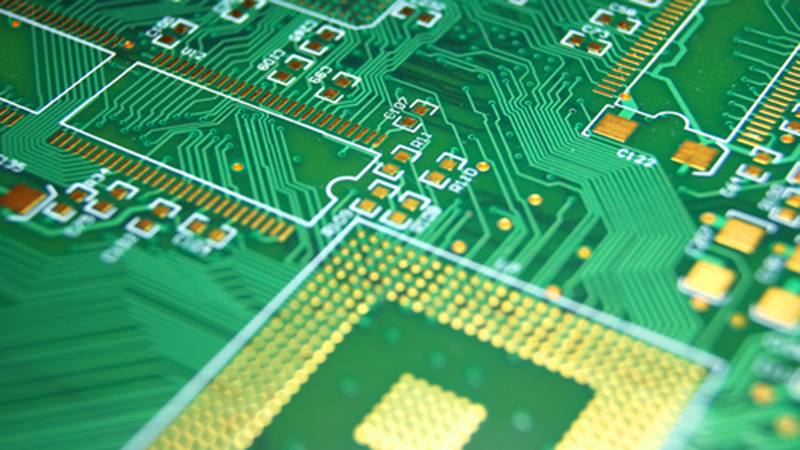What are the Main Differences Between HASL and Immersion Tin?
HASL and immersion tin are common surface treatment processes for PCB, both are used for lead-free soldering. Do you know the difference between the two?

1. Technological Process
HASL: Pretreatment→HASL→Testing→Profile→Visual Inspection.
Immersion Tin: Testing→Chemical Treatment→Immersion Tin→Profile→Visual Inspection.
2. Technological Principle
HASL is mainly to immerse the PCB directly into the molten tin paste. After being leveled by hot air, a dense tin layer will be formed on the copper surface of the PCB. The immersion tin mainly uses displacement reaction to form a very thin tin layer on the PCB surface.
3. Physical Property
The thickness of the HASL tin layer is about 1um-40um, the surface structure is relatively dense, the hardness is large, and it is not easy to scratch. HASL only uses pure tin in the production process, so the surface is easy to clean, it can be stored at normal temperature for one year, and the problem of surface discoloration is not easy to occur in the soldering process.
The thickness of the tin layer of immersion tin is about 0.8um-1.2um, the surface structure is relatively loose, the hardness is small, and it is easy to cause surface scratches. Immersion tin needs to go through a complicated chemical reaction, because it has a lot of chemical agents, so it is not easy to clean, and its surface is prone to residual liquid, which will cause the problem of discoloration during welding. It can be stored for a short period of time. It can be stored for 3 months at normal temperature, but it will change color after a long time.
4. Physical property
The HASL surface is brighter and more beautiful. The surface of immersion tin is pale white and matte.
5. Adapt to the scene
Because the surface flatness of the HASL pcb is poor, the HASL is not suitable for soldering pins with small gaps and components that are too small. Immersion tin has very good flatness, which is suitable for horizontal line production, fine line processing and press fit technology.
HOYOGO is an international, professional and reliable PCB Manufacturer. We have a PCB design team with more than 12 years of work experience. The products we produce are rigid PCBs from 2 to 56 layers. At the same time, we can also provide FPC, HDI, and all other special PCBs. With our rich experience and technical understanding, as well as our own production capacity and local centralized resources, we can provide you with one-stop service from small, medium to mass production.
评论
发表评论